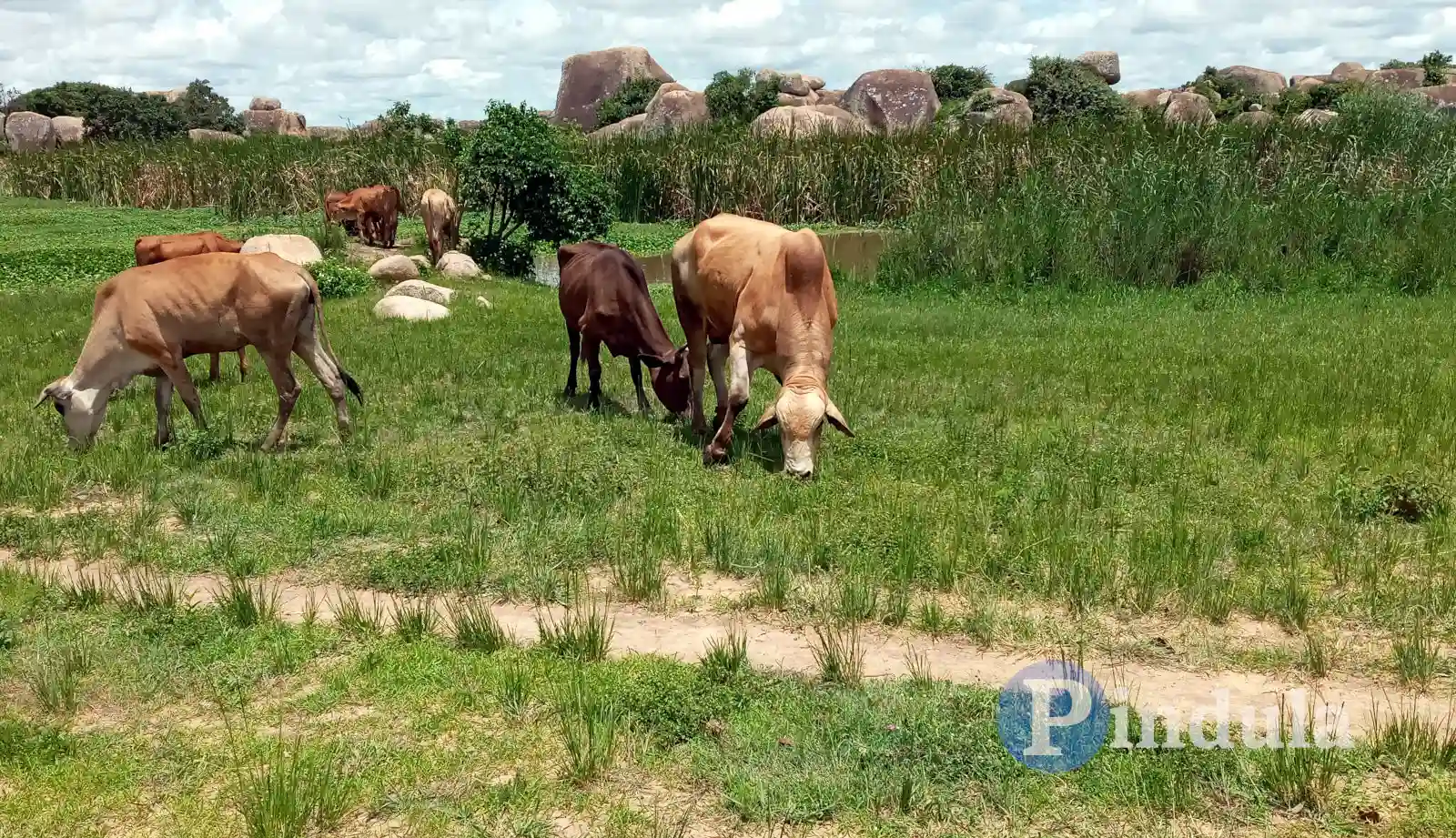The Food and Agriculture Organisation (FAO) of the United Nations says it is ready to assist farmers in Matabeleland South Province in managing rangeland degradation.
Rangeland degradation is a decrease in plant species diversity, plant height, vegetation cover and plant productivity.
FAO Zimbabwe International resilience specialist Alexander Carr said rangeland productivity has declined, leading to reduced carrying capacity for livestock.
He urged the Government to ensure that policies and regulations are in place to support rangeland conservation while FAO equips farmers with the skills and knowledge to achieve this.
Carr was speaking during a meeting with some of the farmers in Bulawayo on Friday last week. He said:
Rangelands play a crucial role in supporting the livelihoods of pastoral communities, providing grazing land for livestock and a source of income from meat and dairy production hence they should be of utmost priority be preserved.
Changes in temperature and precipitation patterns have altered the distribution and abundance of plant and animal species, leading to changes in ecosystem dynamics.
As a result, rangeland productivity has declined, leading to reduced carrying capacity for livestock and lower yields of meat and dairy products.
This may include practices such as rotational grazing, improved water management as well as the use of alternative sources of livelihoods to reduce pressure on rangeland resources.
Speaking at the same event, the permanent secretary for Provincial Affairs and Devolution for Matabeleland South, Latiso Dhlamini-Maseko said:
By restoring degraded rangelands, we can increase their productivity and resilience, improve the livelihoods of pastoral communities, safeguard biodiversity and reduce the risk of land degradation and desertification.
Matabeleland South Province receives low seasonal rainfall which makes the rangeland highly susceptible to degradation.
More: Pindula News

